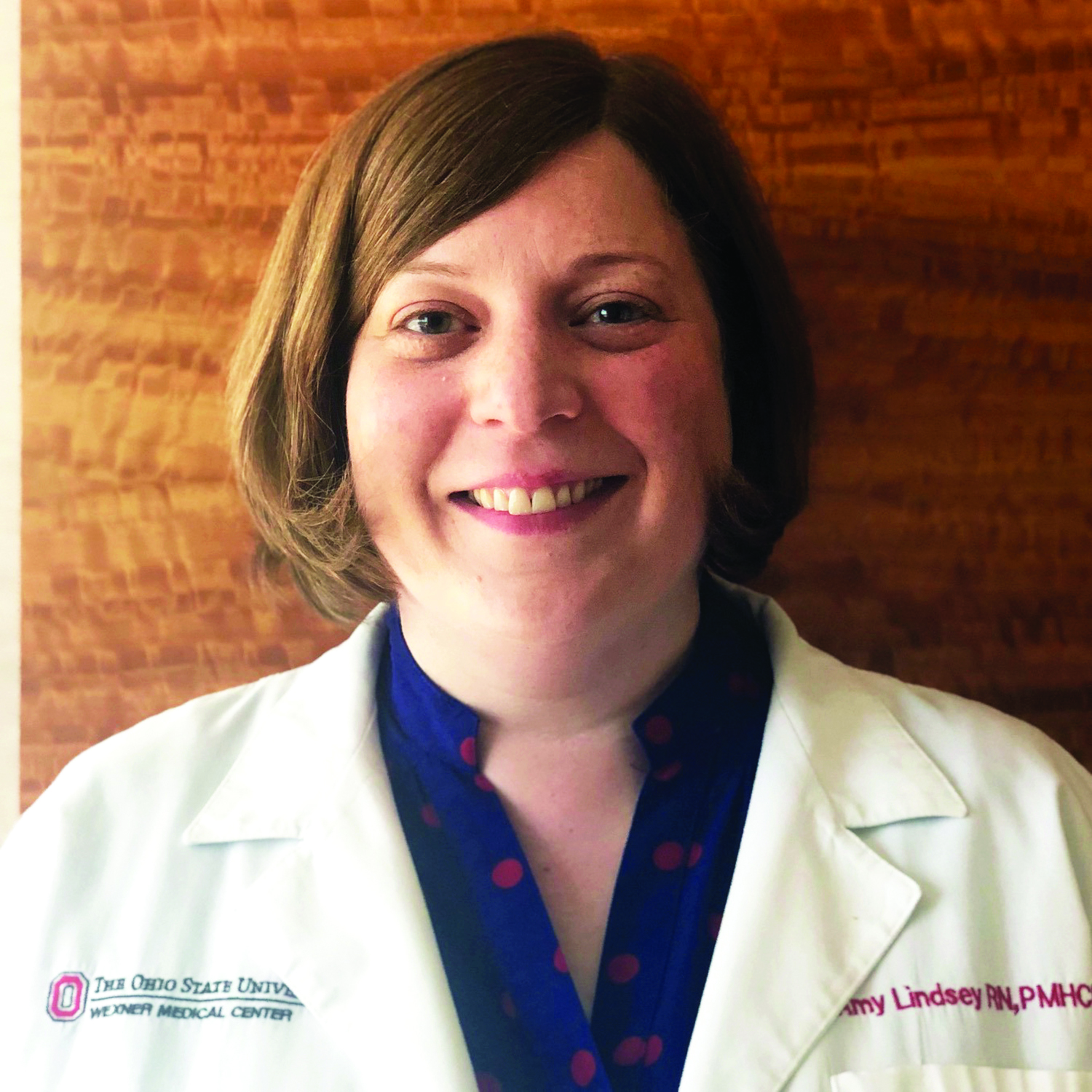- Nurse Well-Being (http://dev-voice.ons.org/topic/nurse-well-being)
- Nurse Empowerment (http://dev-voice.ons.org/topic/nurse-empowerment)
- Advanced Practice Nursing (APRN) (http://dev-voice.ons.org/topic/advanced-practice-nursing-aprn)
- Clinical Practice (http://dev-voice.ons.org/topic/clinical-practice)
Mental Health Teams Build Programs That Prioritize Staff Well-Being
Given the inherent nature of caregiving, burnout has been part of the nursing profession since the beginning. As the complexities of the profession increase, so do nurses’ vulnerability. Oncology nurses have multiple physical, emotional, and mental demands, which, if left unaddressed, can lead to burnout, compassion fatigue, and moral distress.

A team of four psychiatric mental health advanced practice RNs (PMH APRNs) at the Ohio State University James Cancer Hospital and Solove Research Institute in Columbus came together to help oncology nurses approach those emotional and mental challenges.
Each PMH APRN had been working as a mental health provider for patients and families, and then our roles were transitioned to staff care. As both nurses and mental health professionals, the dual nature of our role was an advantage. We found that our mental health expertise helped nursing staff cope with the challenges of an oncology environment and that our nursing expertise provided a connection in understanding some of the concerns, flow, and intensity of their work.
The team uses the hospital’s professional practice model, relationship-based care (RBC), which emphasizes the importance of staff, patient, colleague, and community relationships. In that work, we help enhance nurses’ knowledge, understanding, and practice of RBC, which informs and guides their care throughout the hospital system. We create interventions and refine programs to support well-being and resilience (https://cjon.ons.org/cjon/22/5/caring-staff-role-psychiatric-mental-health-advanced-practice-rns-supporting-oncology).
Some of the team’s responsibilities include (https://cjon.ons.org/cjon/22/5/caring-staff-role-psychiatric-mental-health-advanced-practice-rns-supporting-oncology):
- Developing and refining resiliency programming
- Supporting and educating staff in dealing with ethical issues and end-of-life care
- Promoting interprofessional teamwork
Interventions such as peer support education, facilitated conversations, wellness retreats, and remembrance activities have been developed to meet the needs of the hospital’s oncology nurses. One major offering the team produced is a program called Claiming Resilience for nurses to discuss their thoughts and emotions. The team also develops and leads wellness workshops, offers peer support and training, coaches nurses through crucial conversations on ethical concerns, and conducts integrative therapy sessions, including aromatherapy, guided imagery, and breathing techniques.
When we identify a need developing among staff or receive requests, we research and create new well-being initiatives. For example, during the COVID-19 pandemic, we refined our programs to take into consideration distance, infection control, and other factors to keep people connected and maintain our hospital presence.
Now is the time for healthcare workers and nurses interested in implementing a similar team or program to take action to support their own and their peers’ well-being. The foundation of relationships, peer support, and communication is what is truly important when it comes to developing resources for staff. When creating your programs, include input from those who will use the interventions. Get an idea of your staff’s central challenges, and most importantly, keep it simple: focus on your staff and their well-being.
